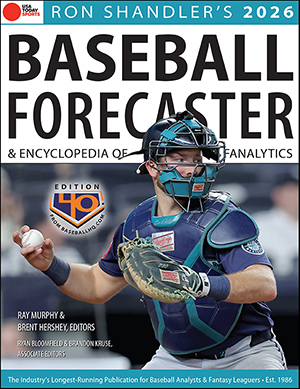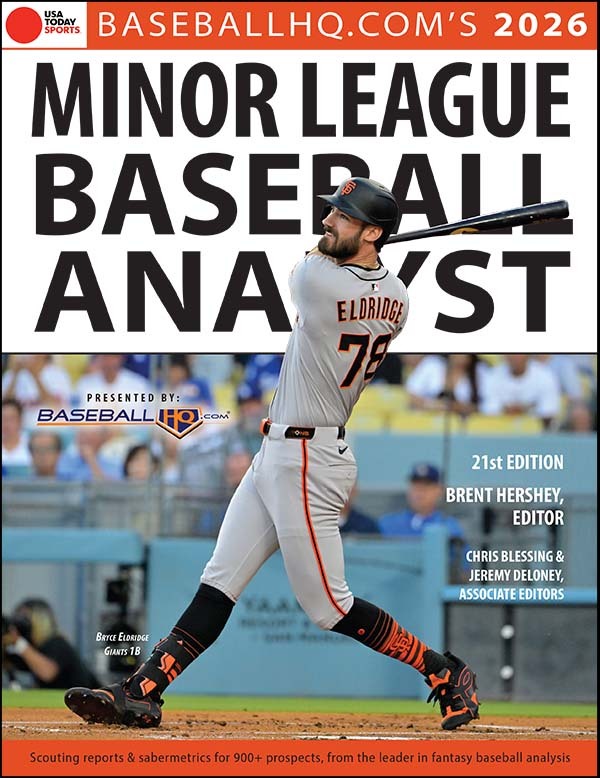
(*) MASTER NOTES: Five resolutions for 2014
After many a New Year’s Day spent making resolutions, something strange happened to me in 2013: I managed to follow through on one! Like most people, my best
intentions on January 1 often end up decaying into my worst habits by January 31, but this year I said I’d lose weight and get into shape. Here it is nine months later and my waist line is successfully fending off regression.
I can’t take credit. This all started when my doctor and I had a very pointed conversation in which he said, among other stinging truths, “Pizza is not a food group.” I read between the lines.
The nasty stomach virus I was there to talk to my Doc about gave me a head-start on my weight loss goal, but eventually I had to do the work or fail. I’m glad I chose to work because I’m happier and healthier as a result. My only regret is that there are a lot of lonely pizzas in my neighborhood.
This blatant “humblebragging” does have a point. As the season winds down, it’s important that owners take stock of what is and what isn’t working in terms of their individual strategy and management approach. If you are finishing up a disappointing year, now is the time to focus on how to improve. Do the work and nobody will see you coming next season.
And if you dominated the competition, don’t let positive results fool you into thinking you have things figured out. Every year is different and defending a championship is often much harder than winning one.
In an effort to carry some momentum into the offseason, below are five fantasy baseball resolutions for 2014 that I intend to keep. Doing so has to be easier than kicking pizza…
1. Be [More] Prepared
This starts by writing this article. Write down your own set of resolutions and make a plan to execute them. If you play fantasy baseball for fun and don’t care about competing, then don’t bother. But if you play to win, you should prepare accordingly.
We’re living in a time when useful information has never been more available. MLB teams are covered exhaustively on a year-round basis, making relevant news readily available to fans. And of course BaseballHQ.com has fantasy owners covered with the best news, content and analysis in the business. There’s no reason to head into the season behind the information curve.
2. Don’t just know what you think; know what everyone else thinks.
Having strong opinions of player value is important, but thorough draft prep means knowing just as much about what the market at-large thinks about these players. I want to know how the public feels about the player pool to gain a sense for how my potential competition is liable to draft. This data helps me strategize in order to accumulate maximum roster value.
That process begins with reading the Baseball Forecaster and BaseballHQ.com, but must be augmented with plenty of mock drafting. Mock drafts are great practice, but they’re also a great source of market data for each fantasy platform. Information gleaned in mocks can be applied to actual drafts with great success.
3. For impact bats, trades are better than waiver claims.
Other than surprise call-ups and a handful of surprise break outs, most players on waivers belong there. It’s important to be consistent about monitoring the waiver wire, but I intend to focus the bulk of my time negotiating trades that can make a real impact on my results.
Trade discussions are the best way to engage with fellow owners, while learning more about how they value players. The first couple trades may fall apart, but those negotiations may provide a window to negotiate a deal that previously seemed unrealistic.
4. Wait wait wait on pitching.
For a batter trying to hit good pitching, staying back is extremely important. It's just as important to me when drafting my pitching staff. Injuries and unforeseen performance dips occur almost at random, while every year seems to yield a new crop of effective arms. I plan to adjust accordingly and reduce my investment in premium arms, while doing homework on low cost, high upside options that can produce similar results at a fractional cost. The Starting Pitchers Buyer’s Guide and Bullpen Buyer’s Guide are good places to start.
5. Always have a backup plan.
The season is long and knowing how to steer out a skid is critical to remaining competitive. In the preseason, I will understand the player pool and have my tiers ready in drafts so I can adjust on the fly. In season, I will have secondary options ready to pursue in trade and via waiver claims in the event of poor performance, injury or suspension. In the offseason, I will make resolutions to adhere to the following season.
And so it goes.





-300x200.png)



